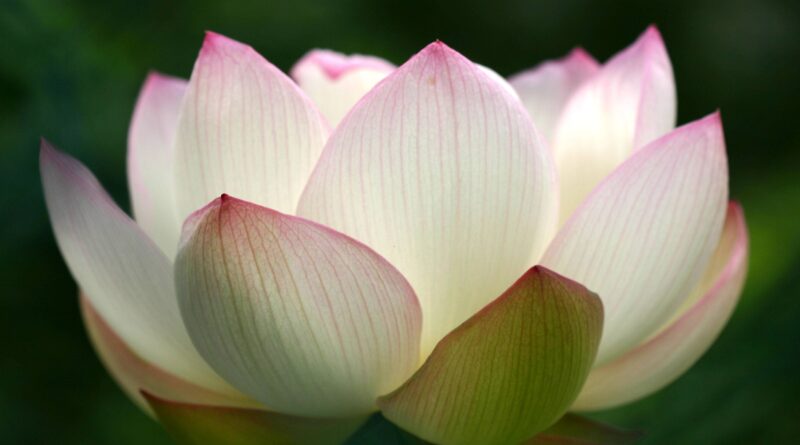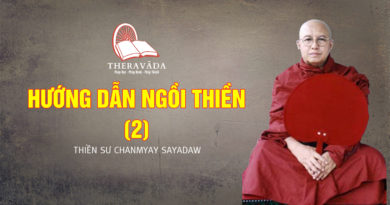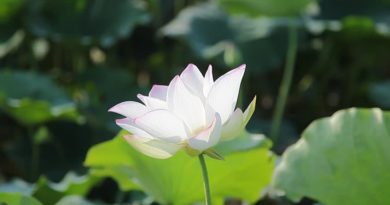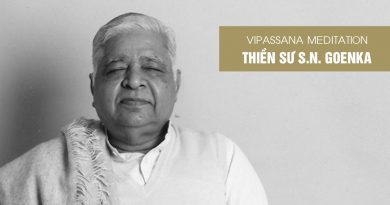A DISCOURSE ON THE MĀLUKYAPUTTA SUTTA – MAHĀSI SAYĀDAW
A DISCOURSE ON THE MĀLUKYAPUTTA SUTTA
MAHĀSI SAYĀDAW
Introduction
The Mālukyaputta Sutta gives us the fundamental knowledge about the principles of insight meditation (vipassanā). It is found in the Saṃyuttanikāya of the Sutta Piṭaka, and the twenty verses it contains can also be found in the Vīsatinipāta of the Theragāthā. It was given by the Buddha to Bhikkhu Mālukyaputta, at his request. He was the son of a female devotee by the name of Mālukyā, or Māluṅkyā according to the Sri Lankan edition of the texts. His request to the Buddha was as follows:
“Sādhu me bhante bhagavā saṃkhittena dhammaṃ desetu, yamahaṃ bhagavato dhammaṃ sutvā eko vūpakaṭṭho appamatto ātāpī pahitatto vihareyyan”ti.
“Venerable sir, it would be good if you would teach me the Dhamma in brief. Having heard the essence of Dhamma, I will practise it in solitude, abiding vigilant, strenuous, and with single purpose.”
In effect, Mālukyaputta was asking the Buddha to prescribe a subject of meditation, which he wanted to practise in the right way at a quiet place. Solitude is essential for meditation, as it is an aid to concentration, which may be disturbed if one lives with others. However, if one cannot get it, one
should mind one’s own business while others mind theirs. In such circumstances one should not speak, nor even look at others to see what they are doing, focusing one’s mind fully on the Dhamma.







